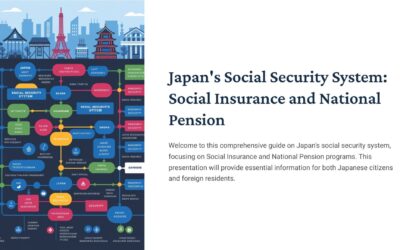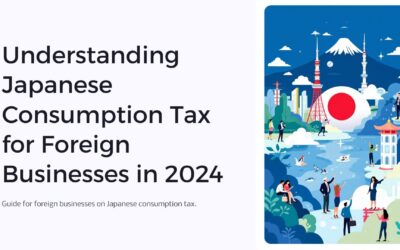Hello, readers! Today, we’re delving deep into a pivotal change in the Japanese tax landscape that could reshape how many view investments in high-rise apartments or ‘tower condos.’ Let’s unpack this.
The Traditional Appeal of ‘Tower Condos’
For years, investing in apartments located in tall buildings, especially in bustling cities like Tokyo, was not just a symbol of status but also a strategic move to reduce inheritance tax. Here’s an example: Imagine a luxurious condo on the 23rd floor of a Tokyo skyscraper, priced at 119 million yen. Due to the traditional tax evaluation system, this condo would only be valued at a mere 37.2 million yen for tax purposes. That’s just one-third of its actual price! This significant discrepancy made ‘tower condos’ an attractive investment option for many, especially those looking to save on inheritance tax.
The Outdated Tax Evaluation System
The method used to evaluate these condos for tax purposes has remained unchanged since 1964. This evaluation system has become outdated due to the rapid urbanization and changes in the real estate market over the decades. And now, the winds of change are blowing.
The New Tax Reforms
The Japanese government is now introducing reforms to address this discrepancy. Under the new system, our hypothetical 23rd-floor condo, previously valued at 37.2 million yen, will see its evaluation surge to 71.4 million yen. This change translates to a staggering 42-fold increase in the inheritance tax burden for the property owner!
The new method will be applied if the discrepancy rate exceeds 1.67, making the once lucrative ‘tower condos’ a less appealing investment option. This shift is monumental, and its implications are vast.
What’s Next?
The final details of this tax reform are still in the works, and many are eagerly awaiting the final verdict. The change could ripple effect on the real estate market, investment strategies, and the broader economy.
We’ll closely monitor the situation and bring you the latest updates in our upcoming video. So, stay tuned for more insights on this significant tax reform. Until then, happy investing, and stay informed!




